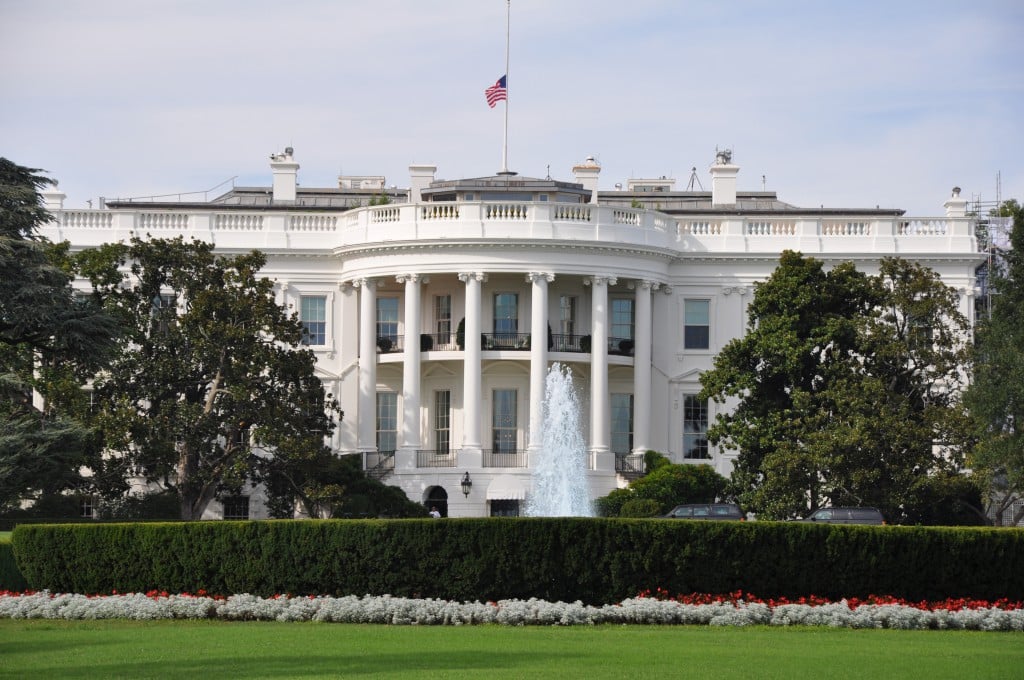On June 9, 2021, the US Department of Commerce’s Bureau of Industry and Security (BIS) issued a final rule, effective June 8, amending the Export Administration Regulations (EAR) to reflect the formal termination by the United Arab Emirates (UAE) of its participation in the Arab League Boycott of Israel (the “Amendment”). This means that certain requests for information, action or agreement from the UAE will no longer be presumed to be boycott-related if made after August 16, 2020. The Commerce Department has also issued a press release.
Background
On August 13, 2020, the UAE and Israel announced the historic peace agreement between the two countries (known as the UAE-Israel Abraham Accords), thereby establishing full diplomatic and commercial relations between the two countries. On August 16, 2020, the UAE issued Federal Decree-Law No. 4 of 2020, which repealed Federal Law No. 15 of 1972 Concerning the Arab League Boycott of Israel and formally terminated the UAE’s participation in the Arab League Boycott of Israel. In response to these actions, on April 8, 2021, the US Treasury Department removed the UAE from Treasury’s List of Countries Requiring Cooperation With An International Boycott. Our prior blog posts regarding the UAE’s repeal of the boycott law and Treasury’s action can be found here and here. On April 22, 2021, the US State Department certified to Congress that the UAE had formally ended its participation in the Arab League Boycott of Israel.
The Effect of the EAR Amendment
Part 760 of the EAR prohibits US persons from taking certain actions in furtherance or support of boycotts by foreign countries against countries friendly to the United States, in particular Israel, and imposes a quarterly reporting requirement on the receipt of certain boycott-related requests. Through the addition of a new Supplement No. 17 to part 760 of the EAR, the Amendment confirms that certain requests for information, action or agreement from the UAE that were presumed to be boycott-related prior to August 16, 2020 will no longer be presumed to be boycott-related if made after August 16, 2020. Accordingly, such requests will no longer be subject to the prohibitions or reporting requirements of part 760 of the EAR. For example, a request from the UAE for a certification that a vessel is eligible to enter UAE ports, or a request by UAE government officials requiring a US company to provide the place of birth of employees traveling to the UAE, will no longer be presumed to be boycott-related if made after August 16, 2020.
Notwithstanding the Amendment, US persons are still required to adhere to the prohibitions and reporting requirements under part 760 of the EAR with respect to requests from the UAE that are overtly boycott-related. Therefore, US companies should remain vigilant for requests from the UAE containing references to “blacklisted,” “Israel,” “boycott,” “non-Israeli goods,” “six-pointed star,” and other phrases and words indicating a boycott purpose.
The authors acknowledge the assistance of Rob O’Brien in the preparation of this blog post.



